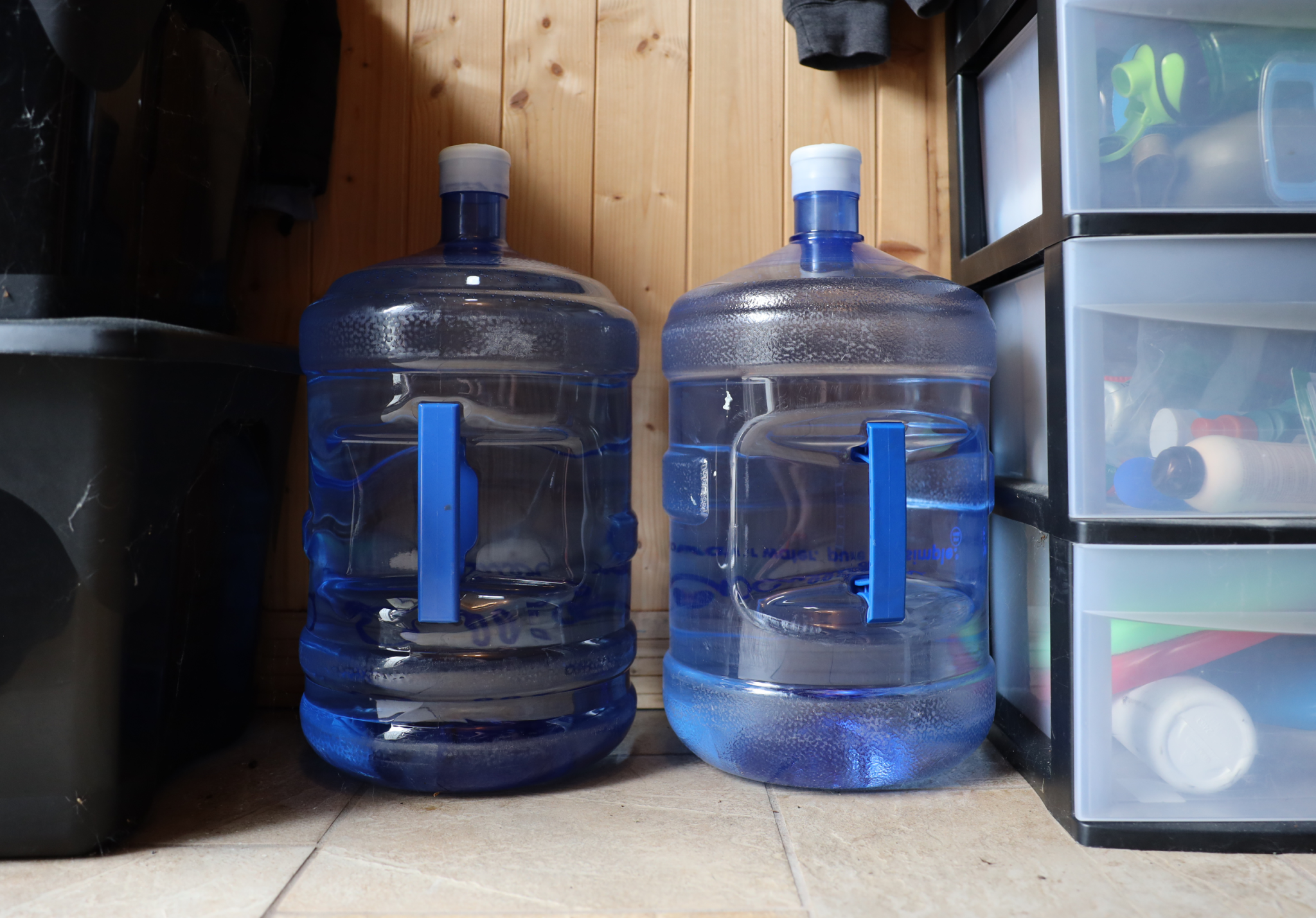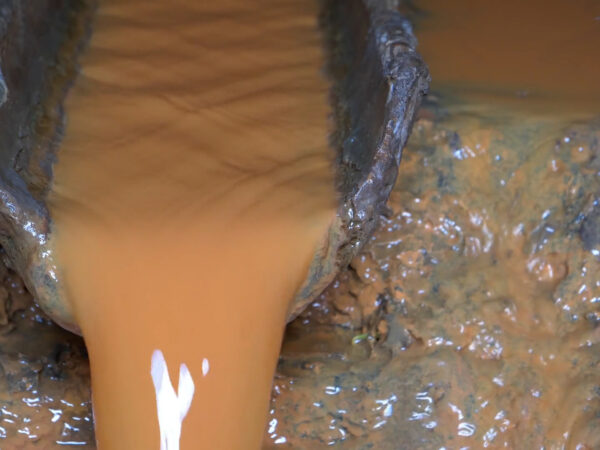
This article, first posted here, was republished with permission from Wisconsin Watch.
By Bennet Goldstein
Last week, a divided Wisconsin Court of Appeals upheld a lower court ruling that limited the Wisconsin Department of Natural Resources’ ability to regulate PFAS and other emerging contaminants under the state’s long-standing spills law.
The case is one of two efforts to weaken the spills law.
The Republican-controlled Wisconsin Assembly and Senate recently passed Senate Bill 312, sending it to Gov. Tony Evers. The Democrat has implied he will veto the legislation because it contains “poison pill” provisions that allow polluters to dodge accountability.
Among those is a measure that would prevent the department from forcing PFAS cleanups on lands not owned by the state unless there is an exceedance of a “promulgated standard.”
“It may just be a coincidence, but think about the similarity between that and what the court is saying here,” said Rob Lee, a staff attorney with Midwest Environmental Advocates. “They would almost effectively accomplish the same end.”
The spills law requires reporting and environmental restoration by entities that pollute air, soil or water or that discover past contamination on their property, but the appeals court affirmed a Waukesha County Circuit Court judge’s 2022 ruling that the department cannot require a party to clean up a substance that was not first subject to rulemaking.
As Wisconsin Watch previously noted, the two supportive judges, Shelley Grogan and Maria Lazar, are backed by conservatives, and the dissenting judge, Lisa Neubauer, is backed by liberals.
The up to 30-month rulemaking process would entail adopting a list of substances and thresholds that make them hazardous — all subject to legislative approval.
The Legislature appears to have little appetite to approve new rules, considering that Republican lawmakers previously added bureaucratic hurdles to do so.
That includes a 2017 law preventing state agencies from developing rules without legislative approval if implementation costs will exceed $10 million over two years.
“You can rest assured if DNR does try to promulgate a rule and comply with the court’s orders, who will be opposing that rulemaking?” Lee said. “The same types of entities that are attacking DNR from all sides right now.”
Following the appeals court ruling, Wisconsin Manufacturers and Commerce, the state’s largest business lobby, said that it will continue its fight “to protect the public from government overreach.”
WMC has argued in court that it’s “impossible for a party to know when they are required to report” a spill without knowing how the department defines a hazardous substance. The agency “essentially expect(s) the public to read their minds,” WMC contended.
Meanwhile, the department maintained that a court loss would strip its authority to compel cleanups of toxic chemicals, including emerging contaminants like PFAS — a family of 12,000 human-made compounds that don’t readily break down in nature.
The chemicals are found in a bevy of consumer products like nonstick pans, food wrappers and raincoats and are increasingly turning up in public drinking water around the country. In 2022, the EPA released health advisories, suggesting virtually no amount of several PFAS is safe for consumption.
The circuit judge delayed the effect of his order while the state agency appealed. That remains unchanged. The Department of Justice, which is defending the DNR, plans to appeal to the Wisconsin Supreme Court — testing where the court’s new liberal majority falls on a major environmental issue.
“DNR is really kind of being assaulted on all fronts for simply trying to protect the environment and the public health from what we all know, regardless of the contrived legal definition, are hazardous substances,” Lee said. “What I see are industry — the folks who are really culpable for putting these out into our environment and/or making a profit off of them — they want to continue having society and the public pay the costs.”
Catch more news at Great Lakes Now:
Defense Department to again target ‘forever chemicals’ contamination near Michigan military base
PFAS experts gather to address growing chemical crisis
Featured image: Five-gallon bottles of water are seen July 20, 2022, in the home of town of Campbell, Wis., supervisor Lee Donahue, a local leader in trying to draw attention to the issue of PFAS contamination on French Island in La Crosse County. (Coburn Dukehart/Wisconsin Watch)




